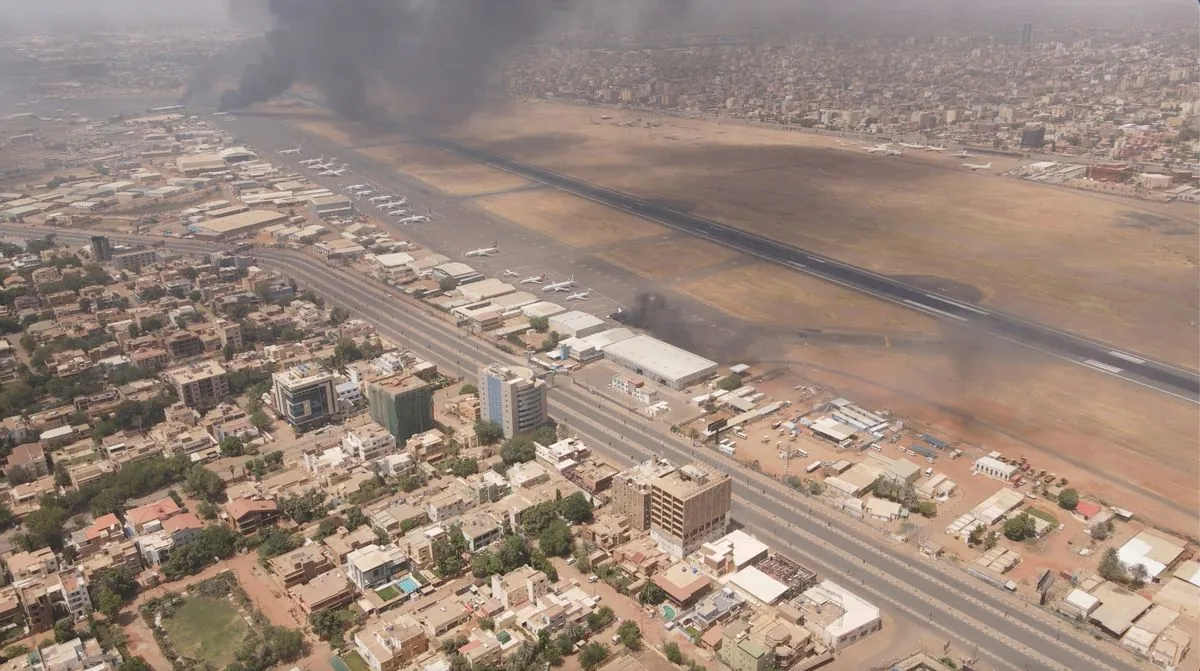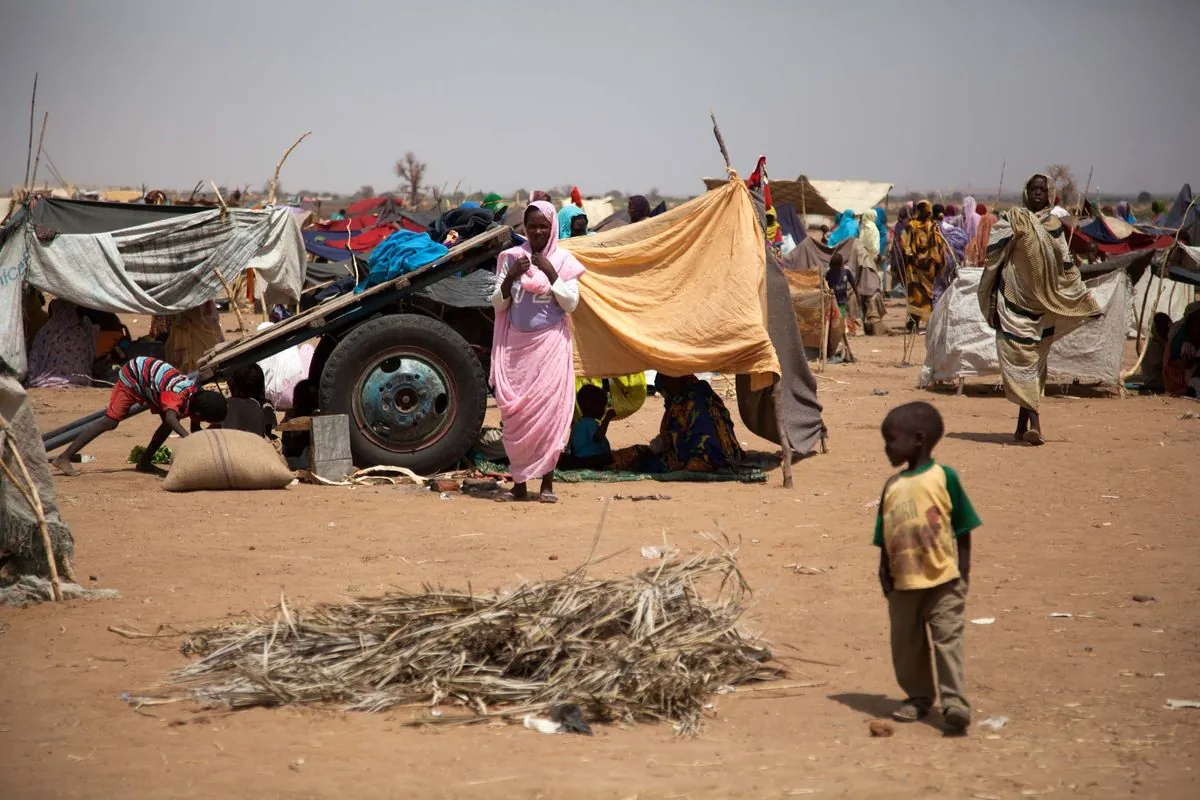UN Chief Urges Halt to RSF Assault on Sudanese City of al-Fashir
UN Secretary-General expresses grave concern over RSF attack on al-Fashir, Sudan. The assault threatens to escalate the conflict in Darfur, exacerbating the world's largest displacement crisis.

Antonio Guterres, the United Nations Secretary-General, has expressed grave concern over reports of a full-scale assault on the Sudanese city of al-Fashir by the Rapid Support Forces (RSF). The UN chief has called for an immediate halt to the attack, warning of potential conflict escalation throughout the Darfur region.
The ongoing conflict in Sudan, which erupted in April 2023 between the Sudanese army and the RSF, has already triggered the world's largest displacement crisis. Al-Fashir, the capital of North Darfur state with a population of 1.8 million, is the last major city in the vast Darfur region not under RSF control.
UN spokesperson Stephane Dujarric stated, "The Secretary-General calls on Lt. General Mohamed Hamdan 'Hemedti' Dagalo to act responsibly and immediately order a halt to the RSF attack." Dujarric added that it is unconscionable for the warring parties to repeatedly ignore calls for a cessation of hostilities.

The situation in Sudan has drawn international attention and diplomatic efforts. Jake Sullivan, the U.S. national security adviser, announced that the conflict will be on the agenda when President Joe Biden meets with United Arab Emirates President Sheikh Mohammed bin Zayed Al Nahyan on September 23, 2024. Sullivan emphasized the need for sensitive diplomatic conversations with various players to address the crisis.
"We are concerned about a number of countries and the steps they are taking to perpetuate rather than resolve the conflict. Our ultimate objective is to get the entire conflict with Sudan on a different track than the tragic and horrific track it is on right now."
The United Nations Security Council adopted a resolution in June 2024 demanding an end to the siege of al-Fashir by the RSF and an immediate cessation of fighting in the area. The resolution also called for the withdrawal of all fighters threatening the safety and security of civilians in the city.
Sudan, the largest country in Africa by land area, has a complex history of conflict. The Darfur region, in particular, has been a hotspot of violence. In the early 2000s, an estimated 300,000 people were killed when "Janjaweed" militias, from which the RSF formed, helped the army suppress a rebellion by mainly non-Arab groups.
The International Criminal Court (ICC), established in 2002, has issued warrants for Sudanese leaders for genocide and crimes against humanity related to the Darfur conflict. This ongoing crisis has further complicated Sudan's already fragile situation, with the country experiencing multiple civil wars since gaining independence from Anglo-Egyptian rule in 1956.
Sudan's diverse population of over 45 million people, comprising more than 500 ethnic groups, faces significant challenges. The country's economy, largely based on agriculture and oil exports, has been severely impacted by the ongoing conflict. The Nile River, with its two major tributaries meeting in Khartoum, remains a crucial lifeline for the nation.
As international efforts continue to address the crisis, the United Nations maintains its peacekeeping mission in Darfur, which has been active since 2007. The mission faces increasing challenges as the conflict threatens to engulf more areas of the region.
The international community remains focused on finding a diplomatic solution to the Sudan crisis, recognizing the potential for further destabilization in a country that shares borders with seven nations, including Egypt and South Sudan. The ongoing assault on al-Fashir underscores the urgent need for a peaceful resolution to prevent further suffering and displacement in this war-torn nation.


































